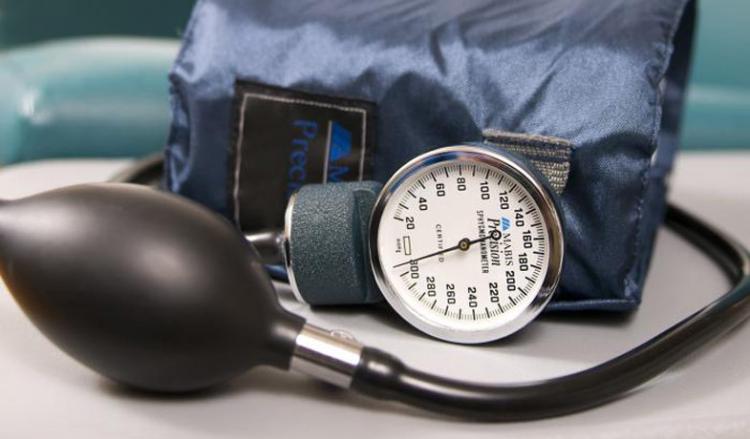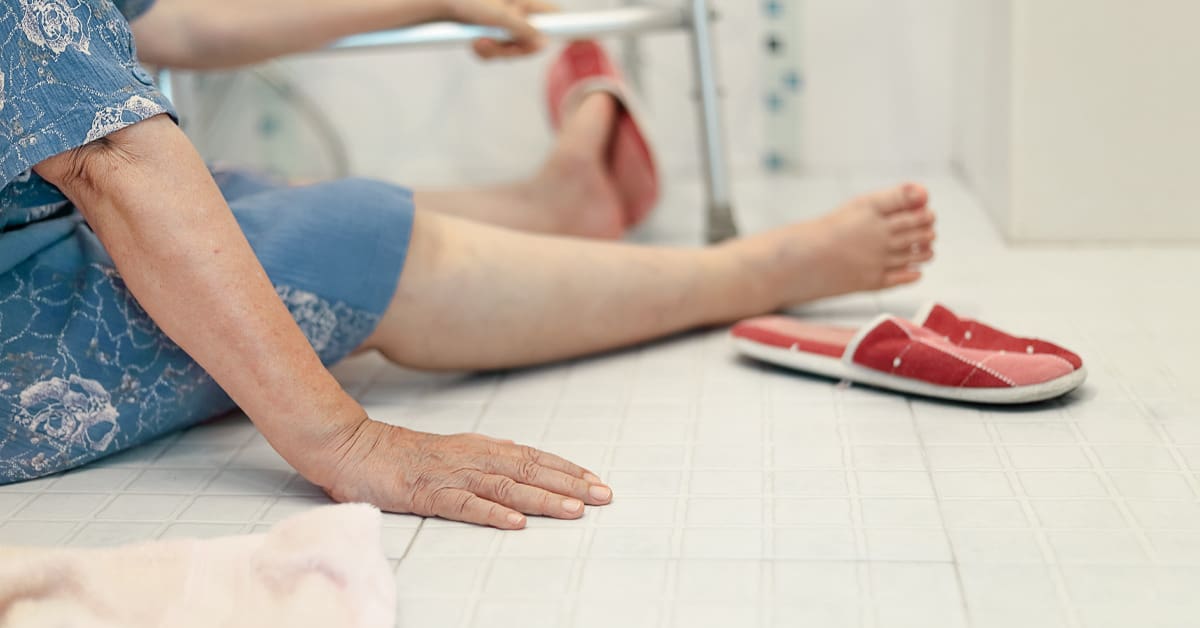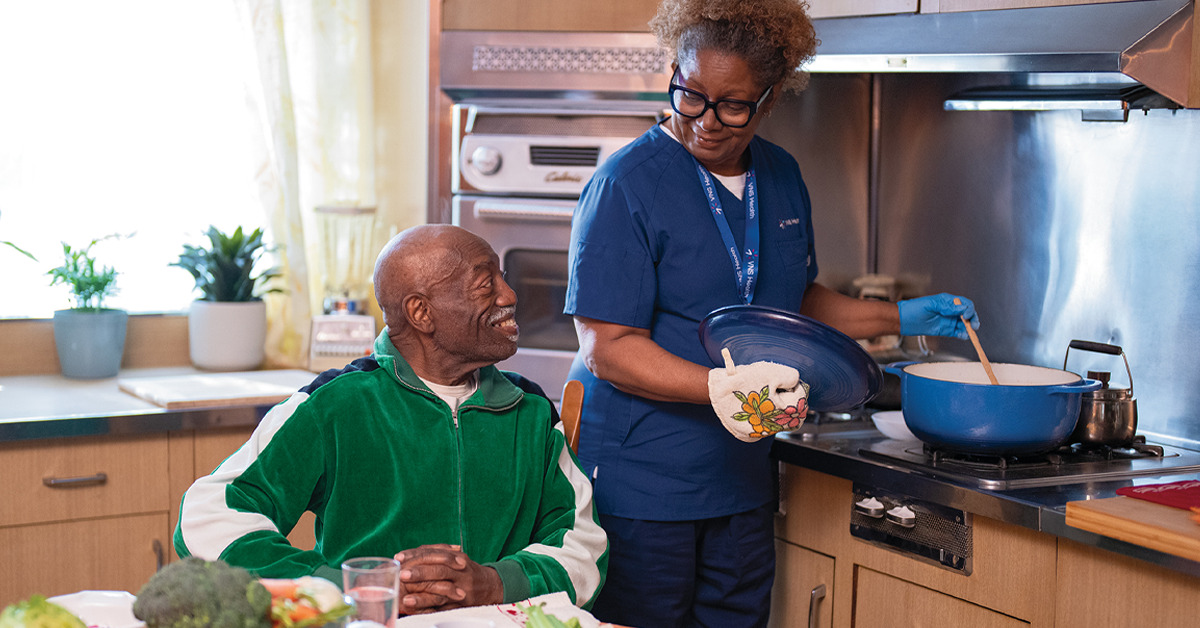Facts About High Blood Pressure

WHAT IS HIGH BLOOD PRESSURE?
Blood pressure (BP) refers to the force of blood against the walls of the arteries, the blood vessels that carry blood from the heart to other parts of the body. The medical term for high blood pressure is hypertension.
When blood pressure is too high, the heart has to work harder than normal to get blood to all parts of the body, and there is also increased pressure on all of the blood vessels.
WHAT IS NORMAL BLOOD PRESSURE?
- The top number (Systolic BP) lower than 120 mmHg
- The bottom number (Diastolic BP) lower than 80-85 mmHg
- If you have diabetes or kidney disease and hypertension, goal BP is lower than 130/80
Blood pressure readings that are usually higher than 120/80 are considered too high and unhealthy.
HOW DO YOU FIND OUT IF YOU HAVE HIGH BLOOD PRESSURE?
Generally, people with high blood pressure do not feel any symptoms. The only way to know if you have high blood pressure is to have your blood pressure checked – which you should do at least once a year. Usually, it takes three readings to determine a diagnosis of high blood pressure.
WHAT INCREASES YOUR RISK FOR HIGH BLOOD PRESSURE?
- Family history of high BP
- Age
- Obesity or being overweight
- Smoking
- Lack of exercise
- African Americans are at a very high risk of developing high BP
CAN HIGH BLOOD PRESSURE BE CURED?
High blood pressure has no cure, but it can be treated and controlled. Take control of high blood pressure by seeing your doctor regularly and:
- Take all medication that your doctor orders for high BP, even if you feel fine. Call your doctor if you are bothered by any side effects of your medication
- Maintain a healthy weight
- Eat a diet rich in fruits and vegetables and low fat dairy; lower your intake of saturated fats and salt (sodium)
- Stop smoking
- Exercise in moderation three times a week for 20 minutes; walking is an excellent and safe exercise
- Manage stress
- Limit or stop drinking alcohol
Prolonged and untreated high blood pressure increases the risk of heart failure, stroke, heart attack and kidney disease. If you haven’t had your blood pressure checked recently, make an appointment to see your doctor today. Keep your blood pressure low and enjoy a full active life!


